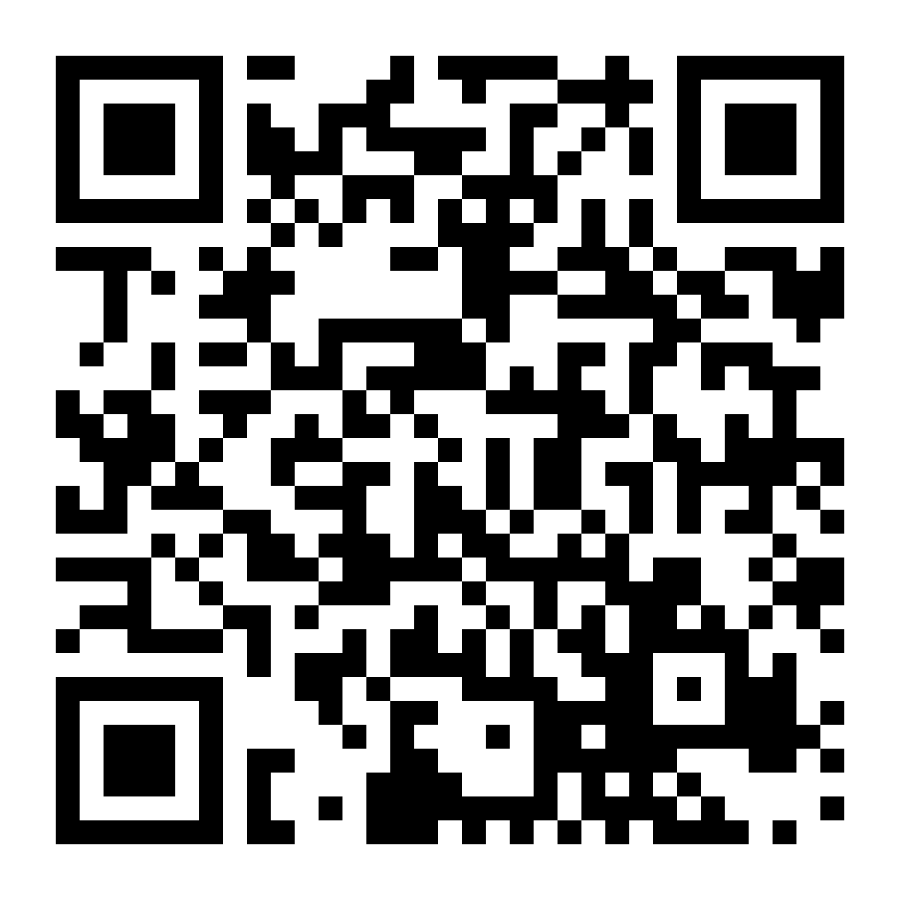Cybersecurity 101: Best tips for staying safe online
Online safety has become more and more important in today's world. With the nature of cyber threats constantly changing, it is important to keep up to date with the safety trends and apply them to our every day lives.

The new age of the internet has come with its own challenges. In today’s digital age, ensuring your online safety is more important than ever. With the increasing number of cyber threats, from phishing attacks to identity theft, it's crucial to adopt practices that protect your personal information and digital assets.
Whether you're browsing social media, shopping online, or managing your finances, following these ten cybersecurity tips will help you stay safe while navigating the online world.
Use Strong, Unique Passwords
One of the simplest yet most effective ways to secure your online accounts is by using strong, unique passwords. Avoid using easily guessable information such as birthdays, names, or common words. Instead, create passwords that include a mix of upper and lower case letters, numbers, and special characters. A password manager can help you generate and store complex passwords, ensuring that each of your accounts has a distinct and secure password.
Enable Two-Factor Authentication (2FA)
Two-factor authentication adds an extra layer of security to your online accounts. In addition to your password, you’ll need to provide a second form of verification, such as a text message code or an authentication app. This makes it significantly harder for unauthorized users to gain access to your accounts, even if they somehow obtain your password.
Beware of Phishing Scams
Phishing scams are one of the most common tactics cybercriminals use to steal personal information. These scams often come in the form of emails or messages that appear to be from legitimate sources, urging you to click on a link or provide sensitive information. Always verify the sender's email address and look for signs of suspicious content. If something feels off, it’s better to err on the side of caution and avoid clicking any links.
Secure Your Wi-Fi Network
Your home Wi-Fi network can be a weak point in your cybersecurity. To secure it, change the default username and password for your router, and use WPA3 encryption if available. Additionally, consider hiding your network name (SSID) to prevent unauthorized users from discovering it. Regularly check the devices connected to your network and remove any that you do not recognize.
Use a Virtual Private Network (VPN)
A Virtual Private Network (VPN) encrypts your internet connection, making it difficult for cybercriminals to intercept your data, especially when using public Wi-Fi networks. A VPN can also mask your IP address, providing an additional layer of privacy. When choosing a VPN, look for a reputable provider that does not log your online activities.
Monitor Your Accounts Regularly
Regularly checking your bank and credit card statements can help you spot unauthorized transactions quickly. Set up alerts for transactions over a certain amount, so you’re notified immediately of any suspicious activity. Additionally, consider using credit monitoring services that can alert you to changes in your credit report.
Be Cautious with Personal Information
Oversharing personal information on social media can put you at risk. Be mindful of the information you share publicly, and consider adjusting your privacy settings to limit who can see your posts. Additionally, avoid sharing sensitive information, such as your address or phone number, with anyone unless absolutely necessary.
Educate Yourself on Cybersecurity Threats
Staying informed about the latest cybersecurity threats can help you recognize potential risks and avoid falling victim to scams. Follow reputable cybersecurity blogs or news websites to learn about common tactics used by cybercriminals and how to protect yourself. The more you know, the better equipped you'll be to navigate the online world safely.
Back Up Your Data
Backing up your data regularly is essential for protecting yourself against data loss due to cyberattacks, hardware failures, or accidental deletions. Use external hard drives or cloud storage solutions to create backups of your important files. Ensure that your backups are encrypted for added security, and test your backup system periodically to ensure it works correctly.
Use Secure Wallets
Non-Custodial Wallets are a great and secure way to ensure your financial assets stay safe and remain in your control at all times. Cenoa is a great example of non-custodial wallets, built by experts in finance and cybersecurity with the aim of providing users control over their finances and ensuring they are safe from unauthorised access to their accounts. As long as only you have access to your access codes, your non-custodial wallet will always be safe.
Conclusion
Online safety should be given priority and taken as a personal responsibility, and it is important to take proactive steps to protect yourself online. These tips are considered to be the most basic and foundational tips for anyone interested in reducing the risk of falling prey to cyber threats. Remember, staying vigilant and informed is key to maintaining your personal safety while using the internet.
